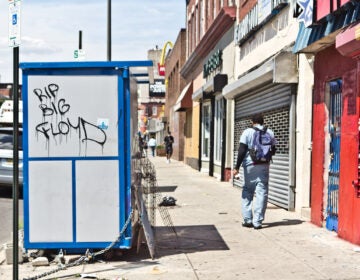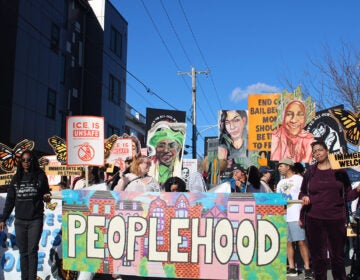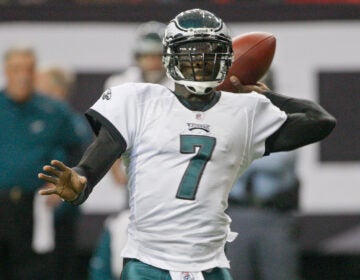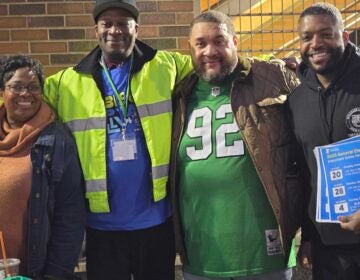‘It’s getting better’: 52nd Street looks to recovery in 2021 after a tumultuous year
No small businesses closed on the West Philadelphia main street despite months of sustained losses, looting, and traumatic clashes between residents and police.
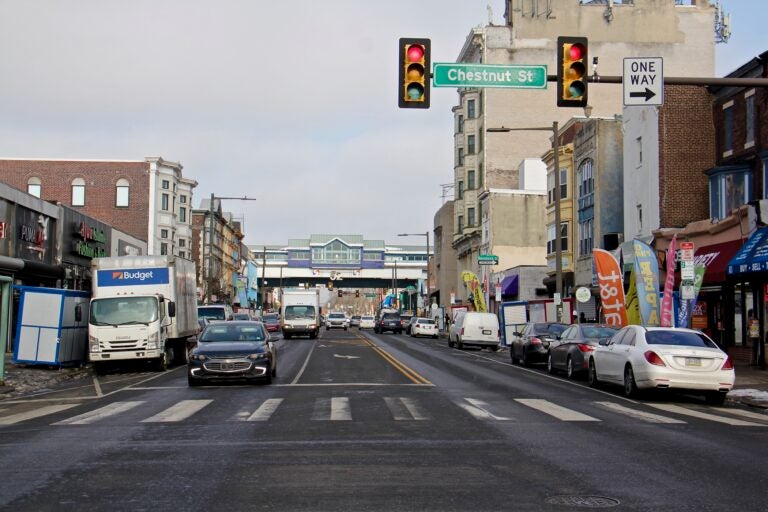
The 52nd Street commercial corridor in West Philadelphia is struggling to recover from a difficult year. (Emma Lee/WHYY)
After a year that brought a devastating pandemic and two waves of looting and destruction, business owners on 52nd Street in West Philadelphia are looking ahead to recovery.
“So far it’s getting better,” said Mohammed Uddin, who owns RC Bargain, which has two locations near the intersection of 52nd and Market streets.
When national unrest over the killing of George Floyd by Minneapolis police made its way to Philadelphia, Uddin was preparing to reopen his stores after months of closure due to statewide and citywide restrictions to slow the spread of COVID-19.
That reopening didn’t happen as planned.
An escalation of events between residents and police took place on May 31 and resulted in officers unleashing tear gas and rubber bullets throughout the area. Looters, who were in the minority among protesters and bystanders, witnesses say, broke into several stores during the chaos.
Uddin lost about $200,000 in inventory.
In October, the police shooting death of Walter Wallace Jr. in Cobbs Creek set off another series of events between protesters and police accompanied by looting. This time Uddin rallied his family to stand guard in front of the store and deterred another ransacking.
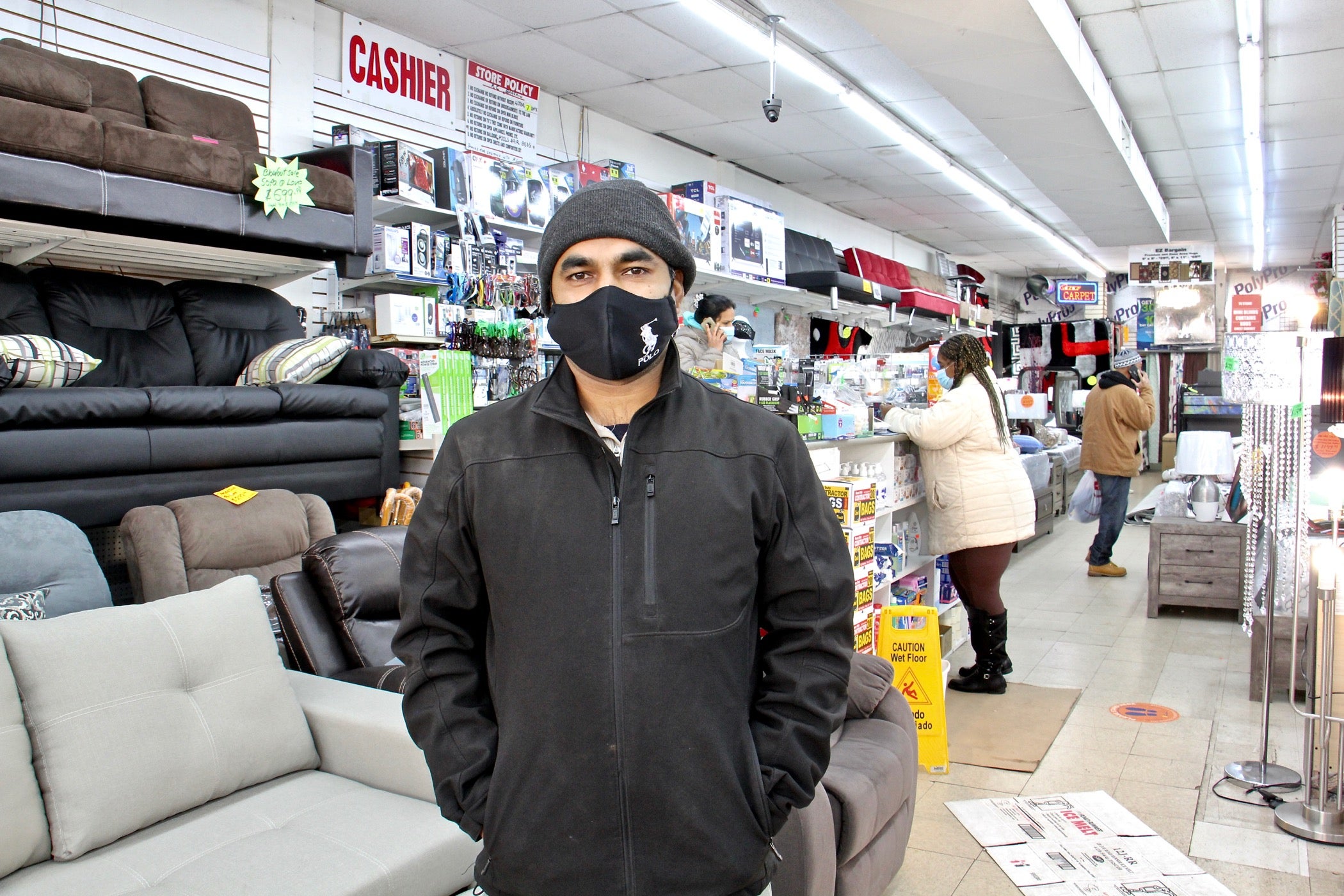
While RC Bargain was ultimately spared, Q&S Discount, a store located a few blocks south, was broken into a second time. Steven Hall, has worked “security, mainly” at the store since September. He said the damage wasn’t much, but the store had to shut down for about a month.
“I don’t see why they’re going to do that to a community where we have to shop,” said Hall. “Once they did that the whole 52nd Street shut down. They still trying to get back up.”
Hall said things have been quiet along the corridor, and Uddin reported a 50% decrease in sales.
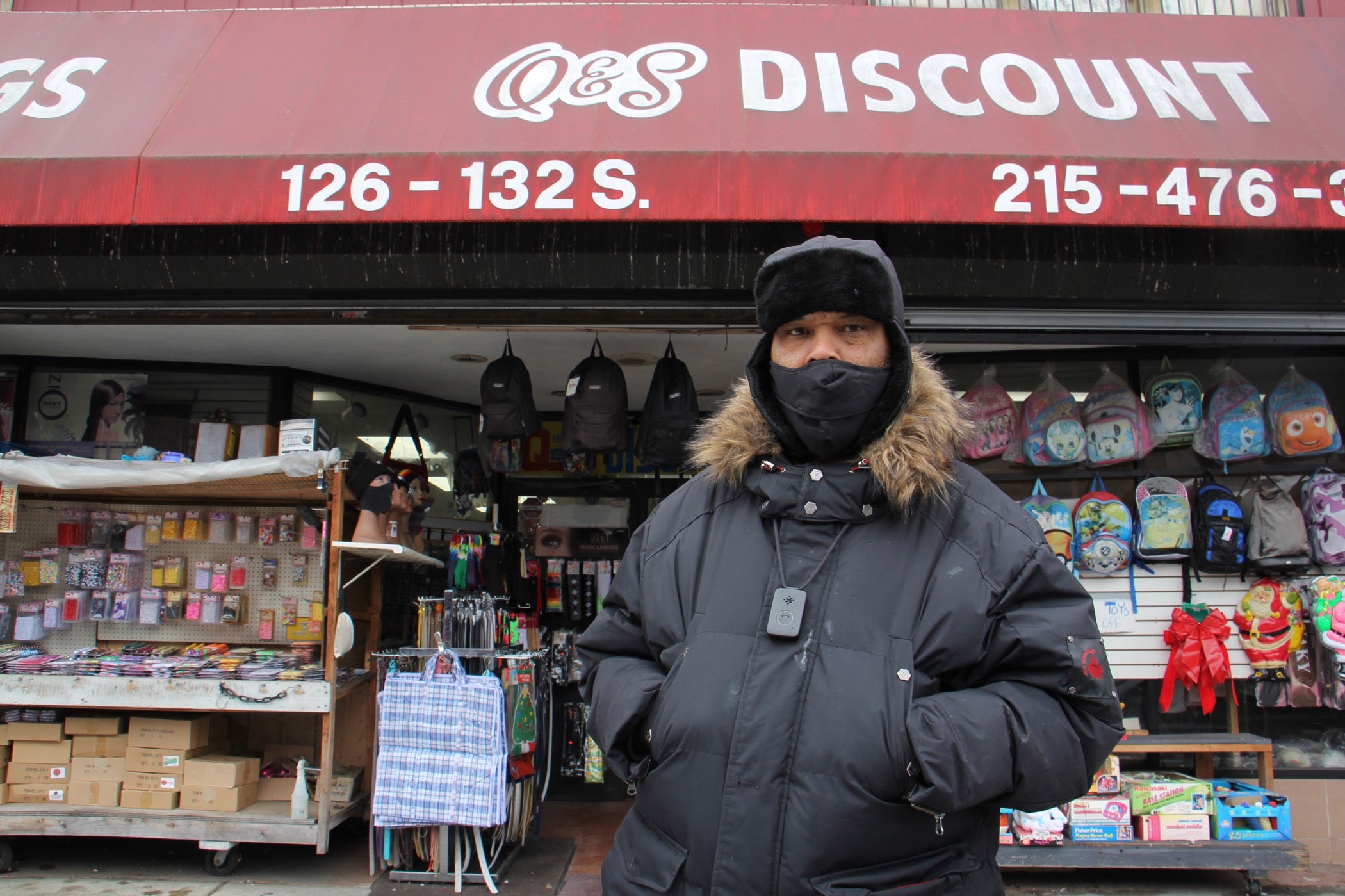
Amid setbacks, hope for recovery
The incidents are among a series of unfortunate events over the years that have hindered the once-prosperous corridor of shops and businesses from making a comeback that many in the tight-knit, predominantly Black community want to see.
“I can’t think of a better location for an African American store in Philadelphia,” said Tedd Hall, owner of women’s clothing store Babe.
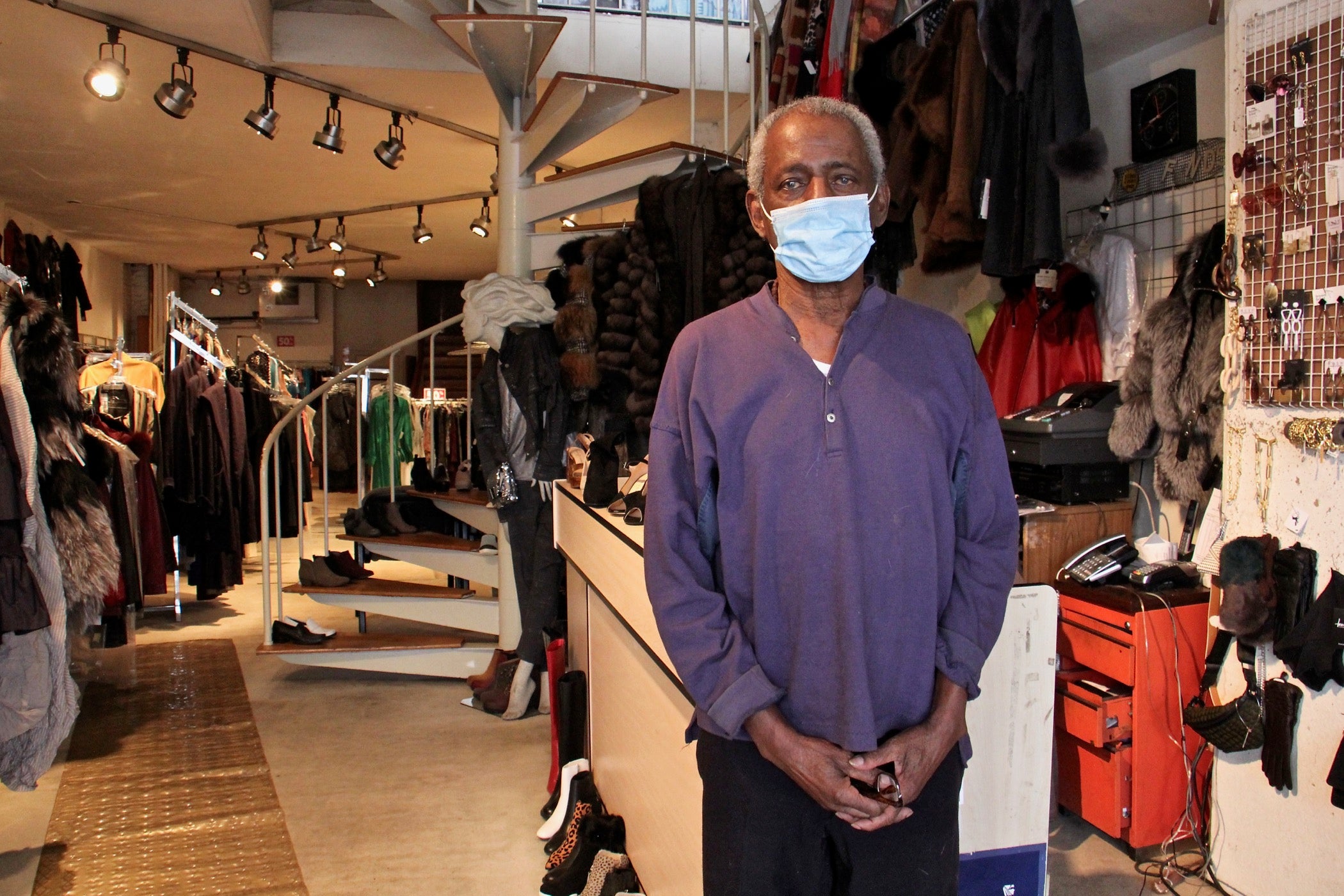
Jesse Blitzstein, director of community development at the Enterprise Center, a nonprofit that works with businesses on the corridor, said about 40 businesses were damaged during the summer uprising, and 22 in October. So far, none of the small businesses have closed.
“It definitely was a setback in terms of morale and general feelings of trust toward the community from the business owners,” said Sadiyah Sabree, 52nd Street commercial corridor manager at the center. “But the business owners that I spoke to, they were still committed to reopening.”
To help them recover, the center has issued about $100,000 in grants and helped connect 47 businesses to more than $685,000 in relief funding for both the pandemic and the unrest, Blitzstein said. Uddin said he received about $20,000 in grants.
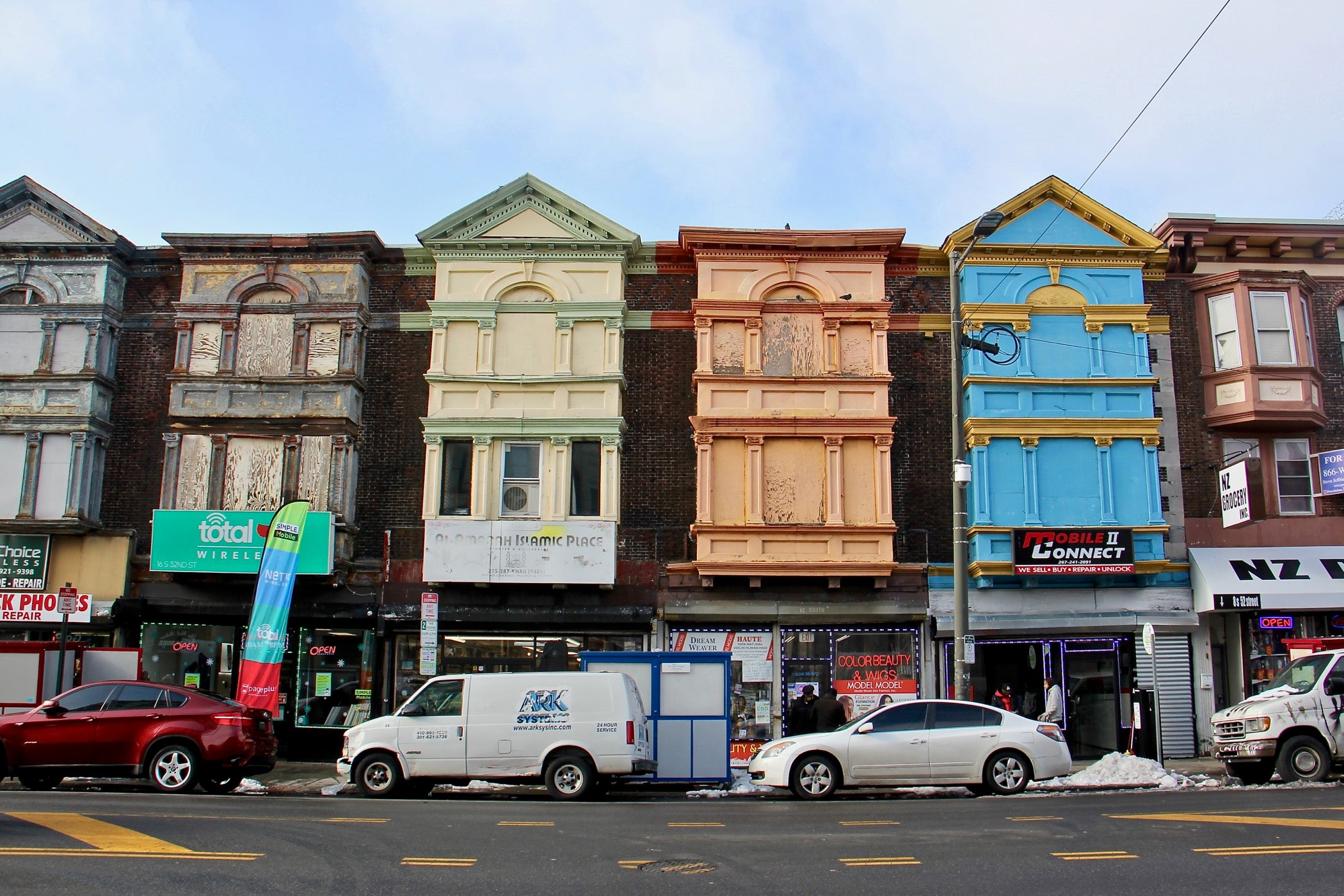
As for some of the bigger chain stores on 52nd Street, questions remain. Anchor stores such as Snipes, DTLR, and America’s Kids have been slow to reopen, said Sabree. Closures could mean a loss of jobs for the area, less foot traffic, and vacancies of large retail spaces.
“If you’re a small business, this is your livelihood,” said Blitzstein. “This is how you’re putting food on the table for your family versus if you’re a corporate entity it’s just kind of a different set of economic considerations at play.”
With the roll-out of the COVID-19 vaccine and the country’s transition to a new presidential administration, Bitzstein foresees “baby steps” and “small wins” in 2021, though the next three to six months is very critical.
Sabree says she is unsure how long a recovery will take. Her first priority “is helping to re-stabilize the businesses,” because “they still need a lot of assistance with that.”

Subscribe to PlanPhilly
WHYY is your source for fact-based, in-depth journalism and information. As a nonprofit organization, we rely on financial support from readers like you. Please give today.



